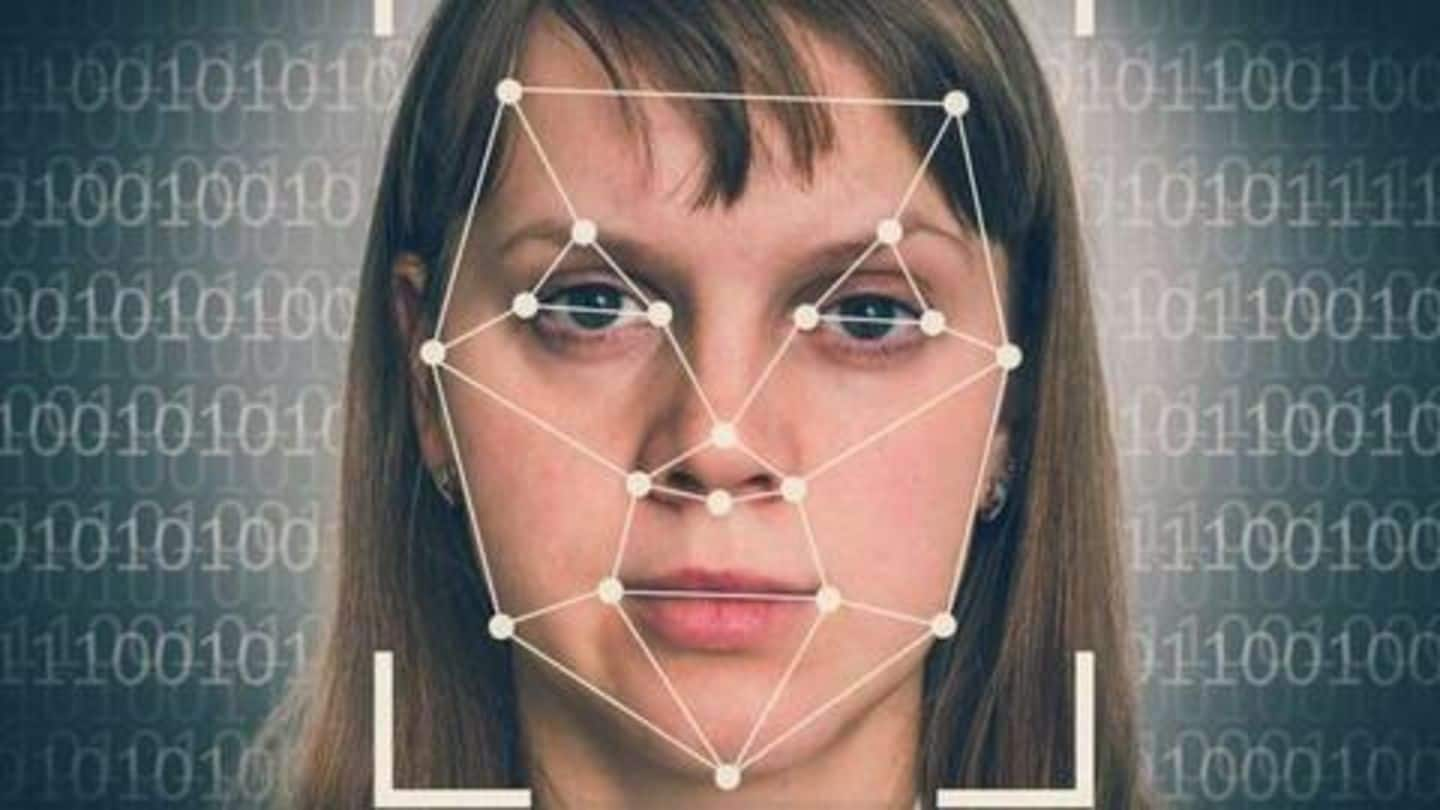
Adobe built an AI to spot photoshopped faces: Details here
What's the story
Fake media content, particularly photos and videos, is seen as the next wave of misinformation.
People have started using sophisticated technologies to manipulate photos/videos and mar the public image of high-profile celebs, politicians.
However, the good news is, you may soon have a way to detect when an image has been modified, thanks to Adobe.
Here's all about their solution.
Issue
Adobe's Photoshop allows for easy facial adjustments
Adobe's technology, especially Photoshop, has long been serving as a way to make subtle, sometimes even drastic, changes into images.
You can easily adjust an individual's facial features, expressions, and skin tone using just a handful of Photoshop tools.
Now, this can be good for memes, but there are also plenty of ethical implications of capabilities like these.
Solution
So, the company built AI tool to detect manipulations
Recognizing the potential impact of its own tech, Adobe worked with a group of researchers from UC Berkeley to come up with an AI tool that can detect manipulations made in images of faces.
The system relies on machine learning and detects faces that have been modified using Photoshop's Liquify - the tool used to adjust facial features and expressions.
Accuracy
And, the tool is fairly accurate
The team trained a neural network using a database of 'Liquify-edited' images (before and after edit pairs).
The resulting algorithm was able to detect edited images with a whopping 99% accuracy.
This was way higher than the score of humans, who could only detect photoshopped images 53% of the time; it even suggests how to restore the photo back to its original form.
Advancement
However, the tech is still new
The tech developed by Adobe can detect facial edits, which is an excellent capability.
However, it's worth noting that the system still needs to evolve to detect more complex changes, such as body manipulations and photometric edits.
It could be the key to detecting fake photos and videos one day, but currently, there are no plans of turning it into a commercial product.